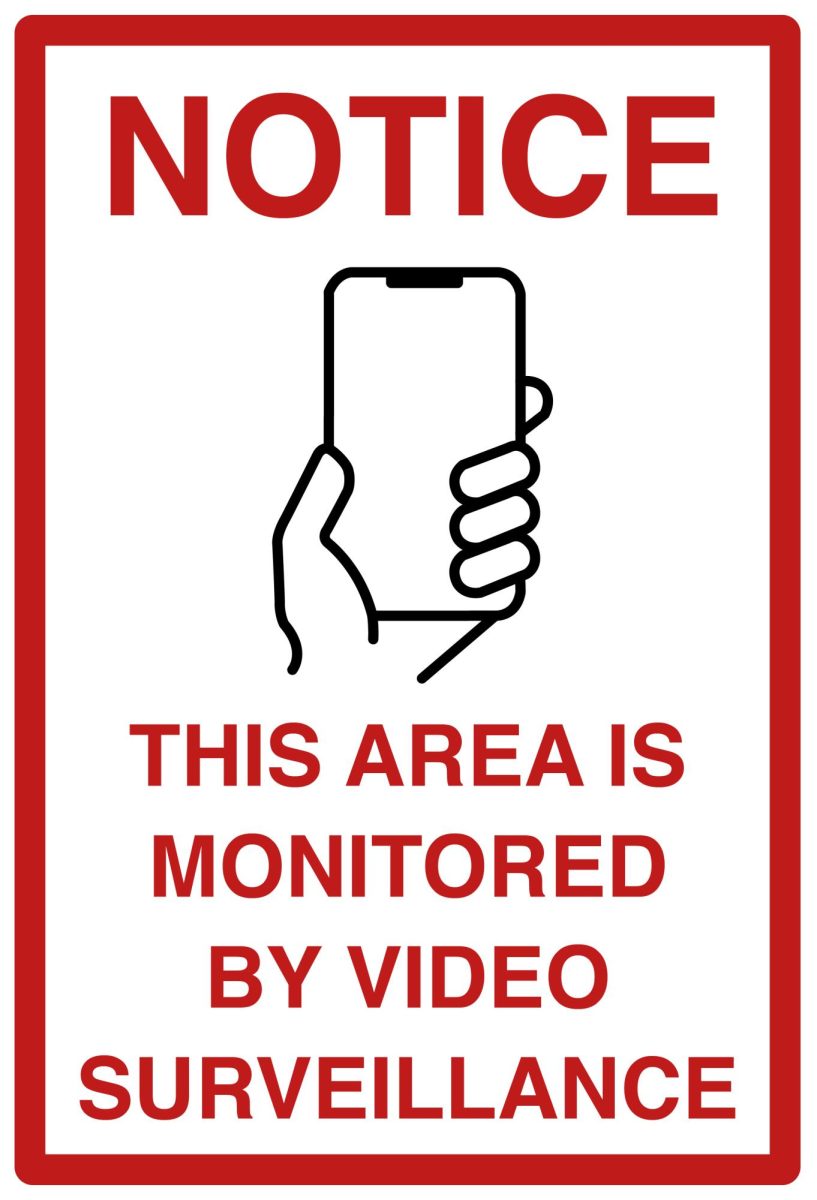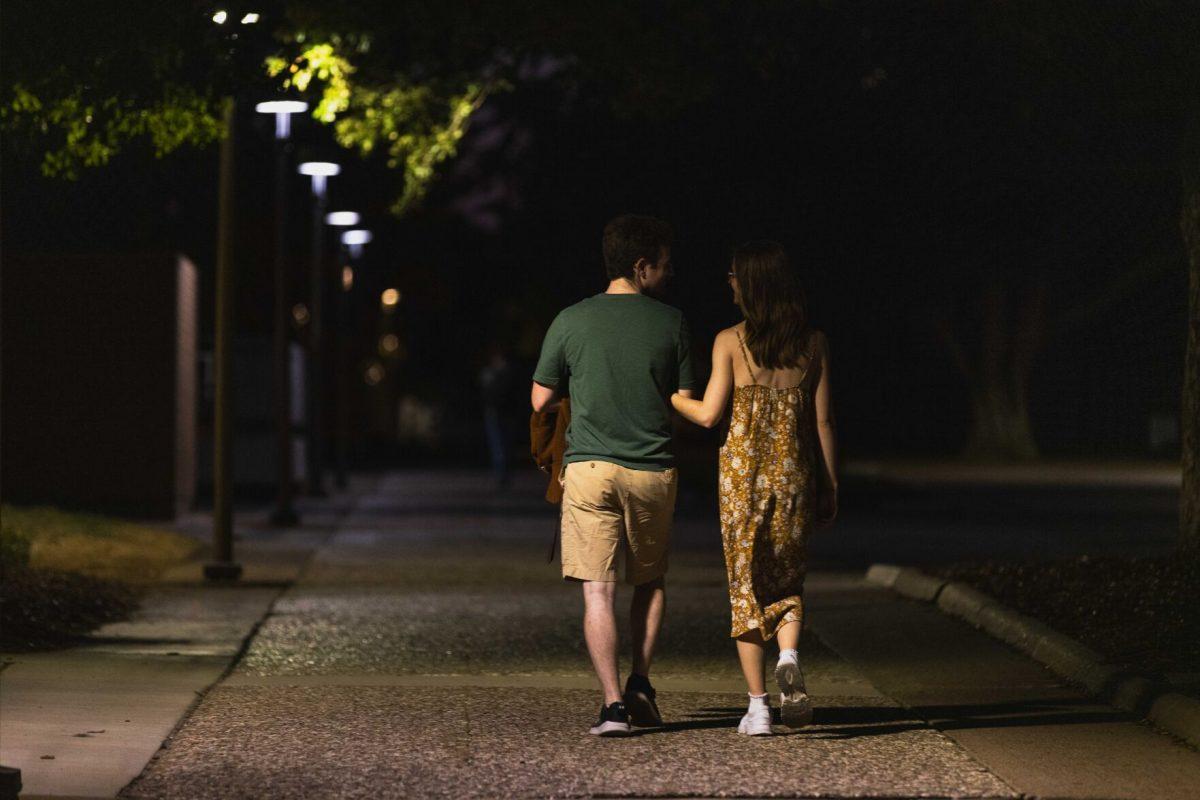We’re all familiar with the fantastic things that have come as a result of our social media-filled, chronically online culture: skibidi toilets, divisive political tweets and destroyed attention spans, just to name a few.
However, I think there’s an indirect, less obvious change that’s occurred due to the increasing acceptability of living in an online-first culture, and it isn’t very skibidi: It’s the creeping yet constant degradation of social norms.
Most people have a fundamental need to share things about their lives — this can be seen in the intuitive human desire to use the tools of language to create art and express stories. It’s a natural part of our day-to-day conversations, and social media can greatly enhance this desire for stories and allow us to convey our ideas, and lives, more easily.
Want to watch cheaters get exposed at their own weddings online? You can see it happen a million times. Want to learn someone’s family secret from a random TikTok video? You can hear all about it. Want to visit a forum where people who have never dated give unsolicited advice to married couples? Let’s just say there’s no shortage of people who think they know what’s best for those they’ve never met.
A lot of this is very interesting and fun; I’ll admit, as much as I pretend I’m above the drama, I like to hear about other people’s disasters too.
But there’s another side of the equation here. Although it’s become culturally normalized to share our lives and stories on social media, I think a lot is left unconsidered when we start to share other people’s lives online, often without their consent or knowledge.
And this is nowhere better represented than in randomly recording people in public.
The “public recording” videos take a number of forms online, but you’ve doubtless seen at least a few of them. There are the “social experiment” videos, which typically feature harmless encounters in which the recorder asks someone for money and then rewards that person if they’re charitable.
Then there are the more insidious “prank” videos, many of which feature YouTubers or TikTokers who are essentially just being rude to customer service employees while trying to disguise it as some sort of joke. Finally, on the extreme end, it’s pretty easy to find videos online of people getting injured or killed — sometimes in surprisingly gruesome fashion.
I don’t think most people are depraved enough to record videos of people getting injured or dying in real time and upload them to TikTok, but I would wager that most people have an insatiable curiosity to investigate the lives of others. They want to know and see things they shouldn’t — and they also want to share their findings with other people.
Fundamentally, I believe that the dehumanization of the subjects of these videos has created this strange pandemic of investigating the lives of others through public recordings. If you’re recording someone for the sake of uploading it online, the way you regard that person is completely different than it would be if you were just observing or interacting with them in public as you ordinarily might without the camera.
The object of your interaction with them at the point of recording is directed toward an (eventual) online viewer’s benefit. In other words, you’re treating them as a means to an end, the end being the enjoyment and approval of those online.
Still, there are obviously some situations where public recording might be acceptable, even if you’re recording the person without their direct knowledge or consent. If you’re going somewhere and a person is playing a public piano or something, it’s pretty obvious that they know they’re going to be watched. Likewise if they’re giving a speech or holding some other public event. But in many, many situations, the person you’re recording might have a social expectation of privacy.
I’m not telling you that you can never record someone who didn’t consent to being videoed in public ever again. However, I am hoping to invoke an important reminder; specifically, a reminder that each subject of every recorded video online is a real person with a real life and innate value. Just because you have the right to record in public doesn’t mean you should. And remember that when you’re watching one of these videos online, it’s probably not a skit: it’s a slice of our reality condensed and simplified into a 30-second clip.
Kaleb Blizzard is a philosophy sophomore and opinion writer for The Battalion.











